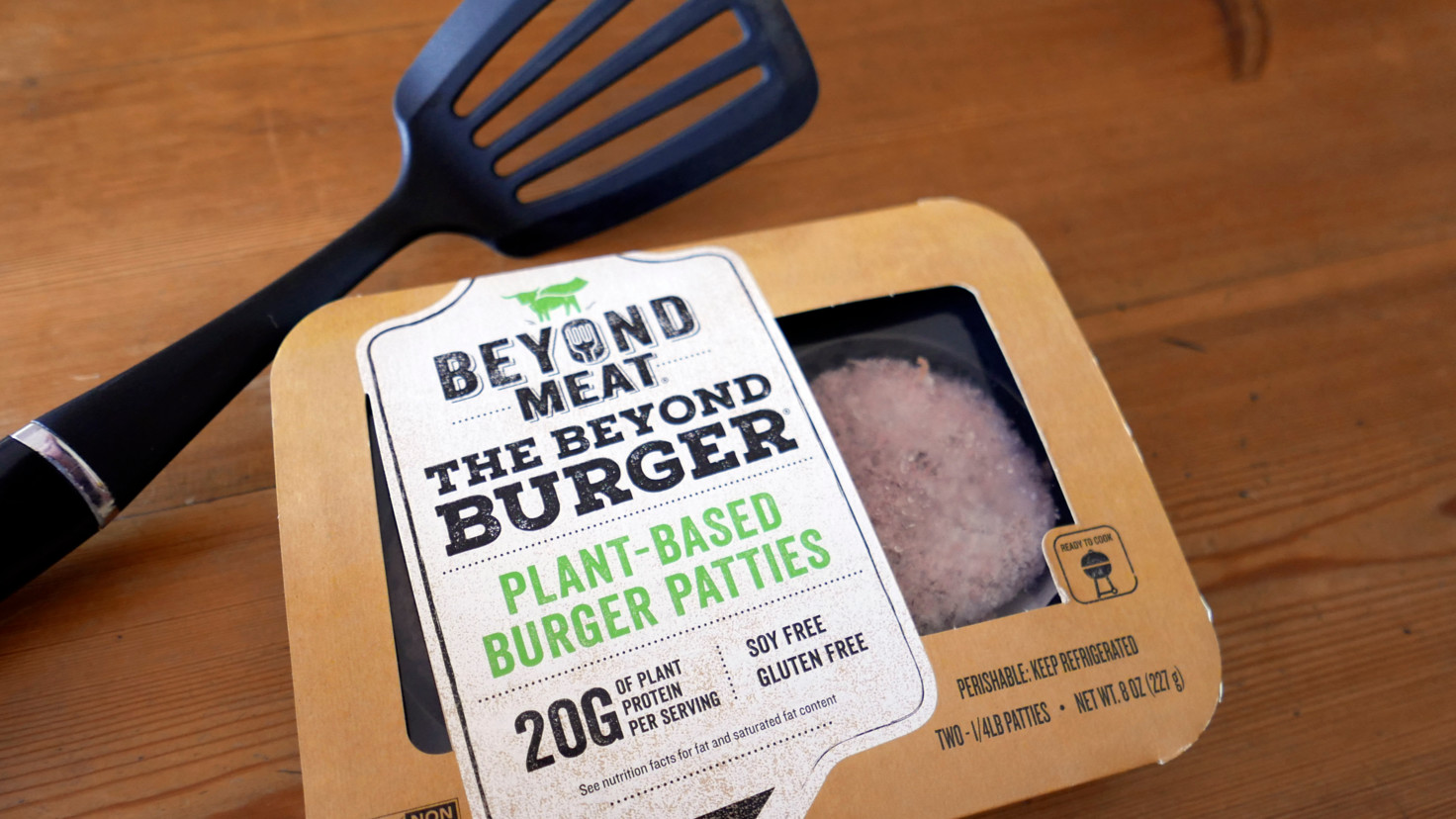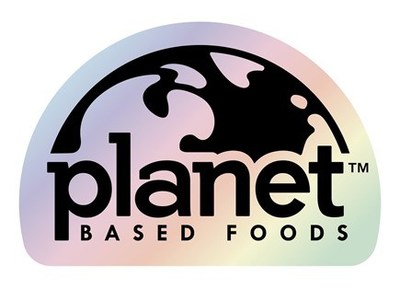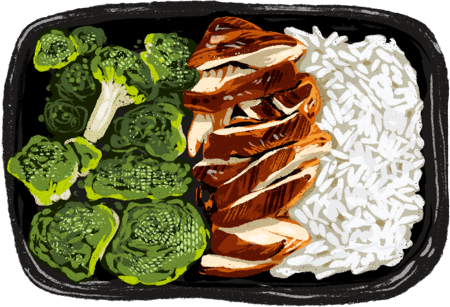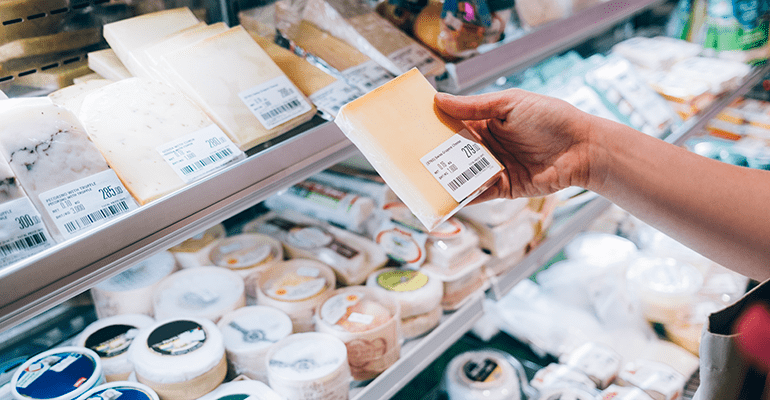Meat-free alternatives have been stunted by cumbersome regulations in the UK, while America is free to surge ahead with an industry which could create thousands of jobs, writes Jeremy Coller
If Rishi Sunak is serious about making the UK a science superpower then a very good place to start is with the bacon roll you may well be eating while you read the newspaper this morning.

Because, almost unnoticed by many in government, British scientists and businesses have quietly been laying down extremely strong foundations in alternative proteins – the delicious, nutritious and increasingly “meat-like” meat-free products you can now enjoy everywhere from high-end French restaurants to your local Wetherspoons.
One of the most familiar brands, Quorn, is already a great British success story: created in Buckinghamshire in 1985, it now exports across Europe and around the world, providing jobs for almost 900 people here in the UK.
There’s no reason we can’t repeat that success again and again. The UK is the home of breakthroughs and pioneers in all aspects of the alternative protein industry, both the products themselves and the know-how required to make them.

I know it sounds like it, but this isn’t about the ethics of eating meat. The Alternative Proteins Association (APA) wasn’t established to tell people what to have for dinner, but to provide a voice for an industry that has massive potential to boost both the UK’s economic growth and our food security.
Get this right and we could see thousands of new jobs created. Thousands more protected in farming. A whole new export industry. And vastly reduced reliance on the global supply chains that, as anyone who has tried to buy a tomato lately can tell you, are not as reliable as we would like.
It speaks volumes that Singapore – known less as an international hotbed of liberal woke-ism than as the home of a hugely successful innovation-driven economy – has swiftly established itself as a world leader in this field.

** Click here to read the full-text **








